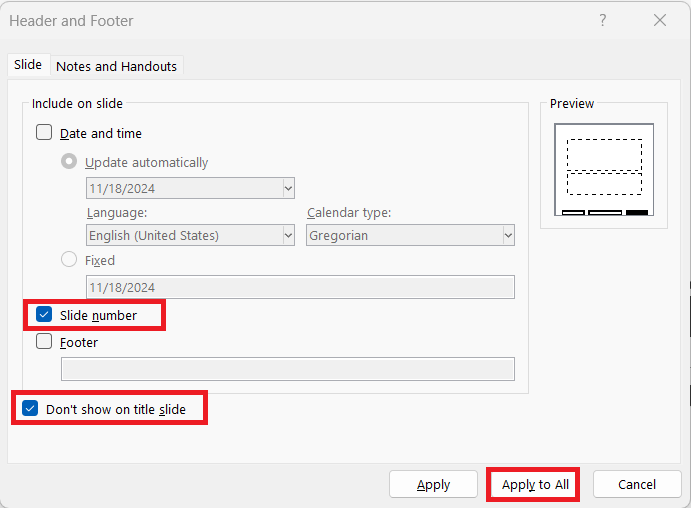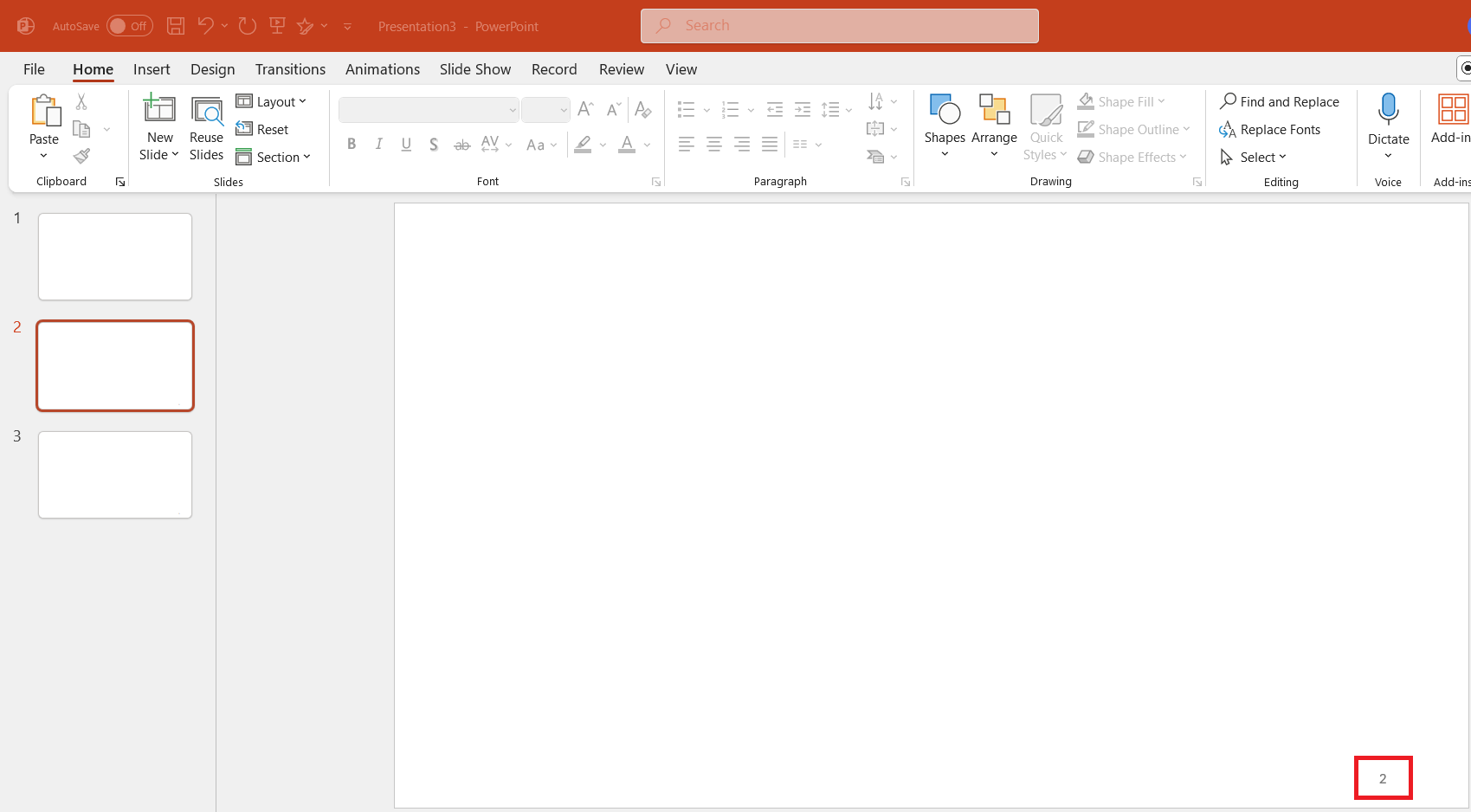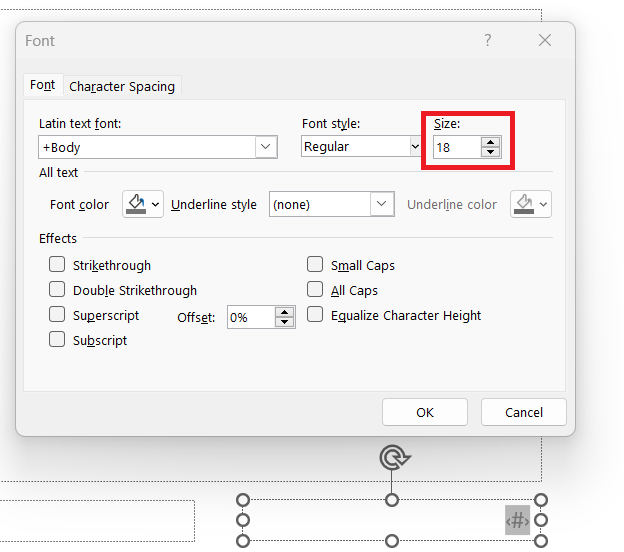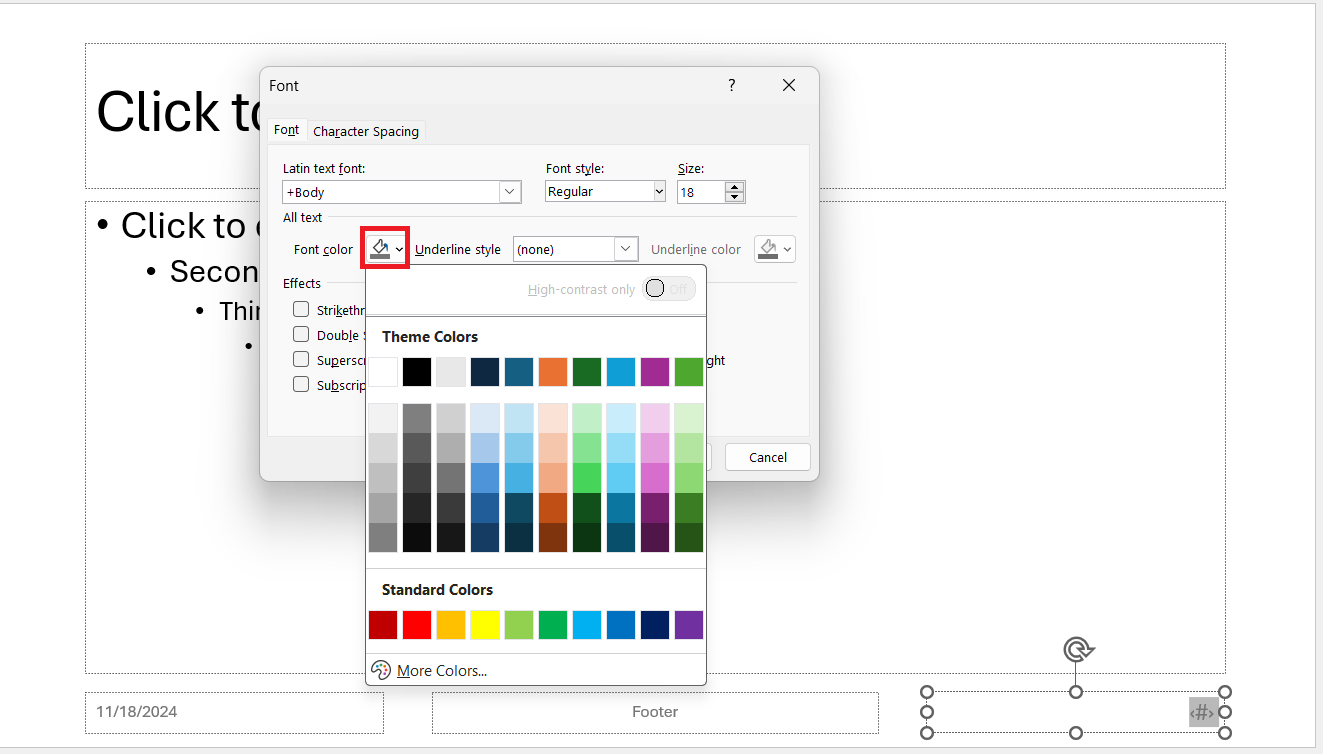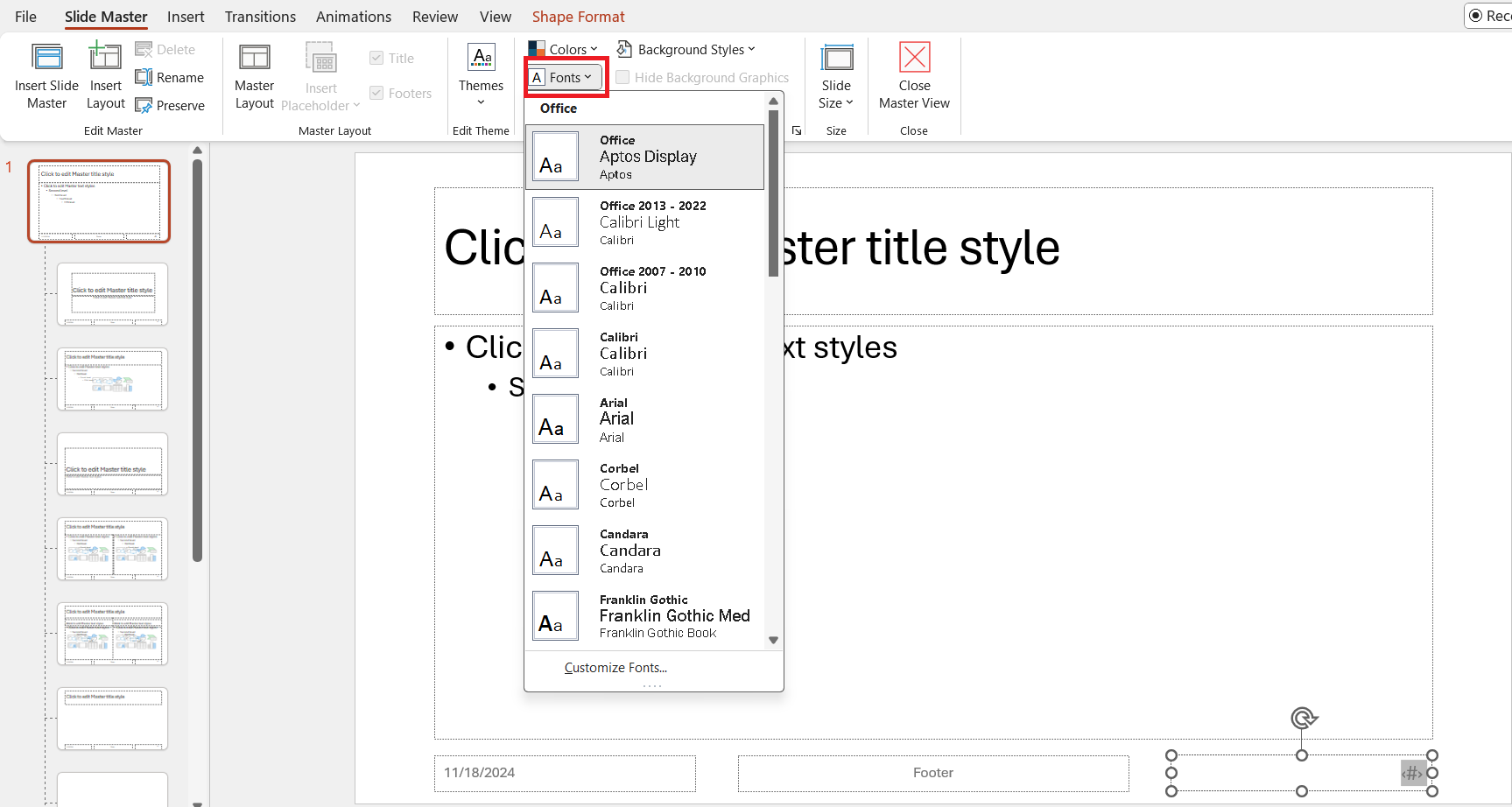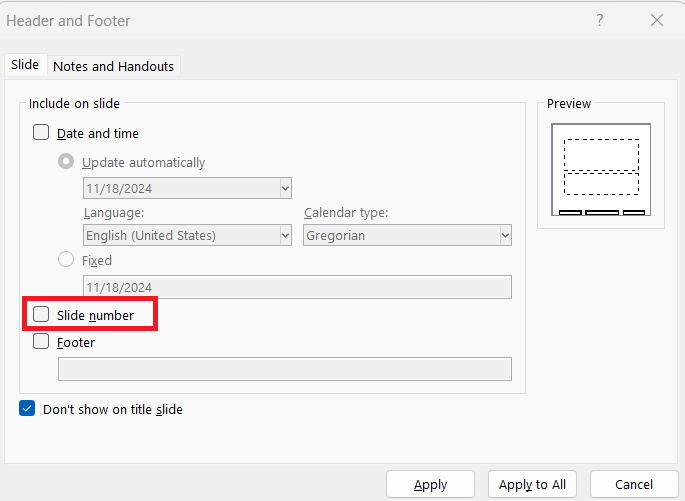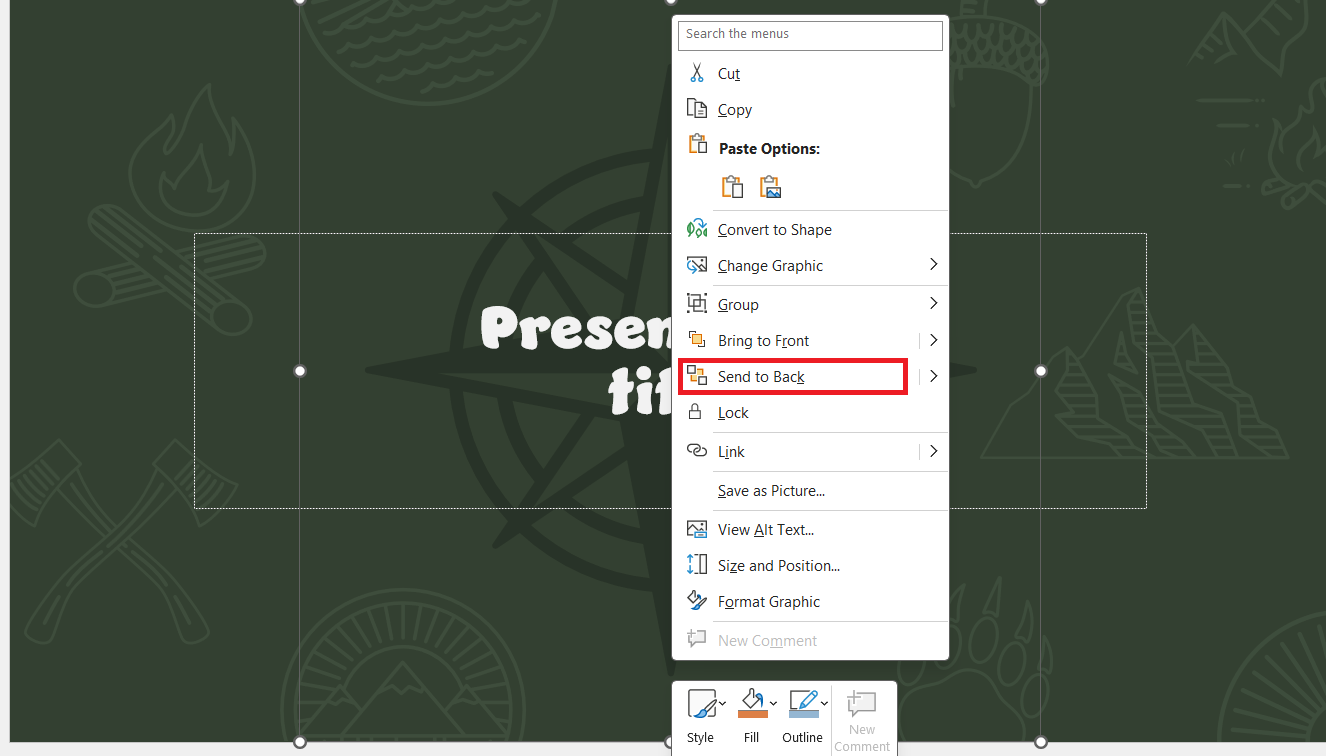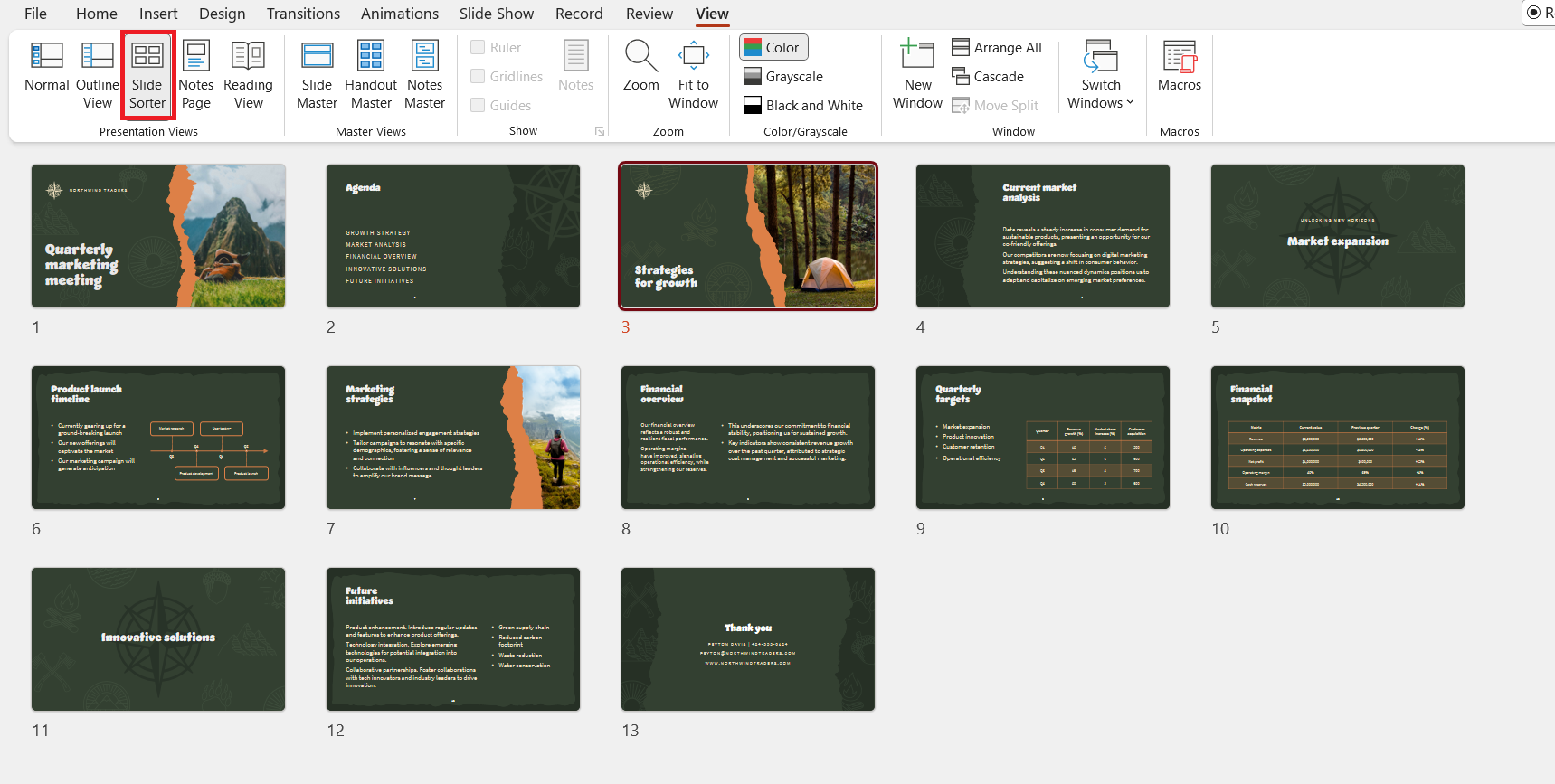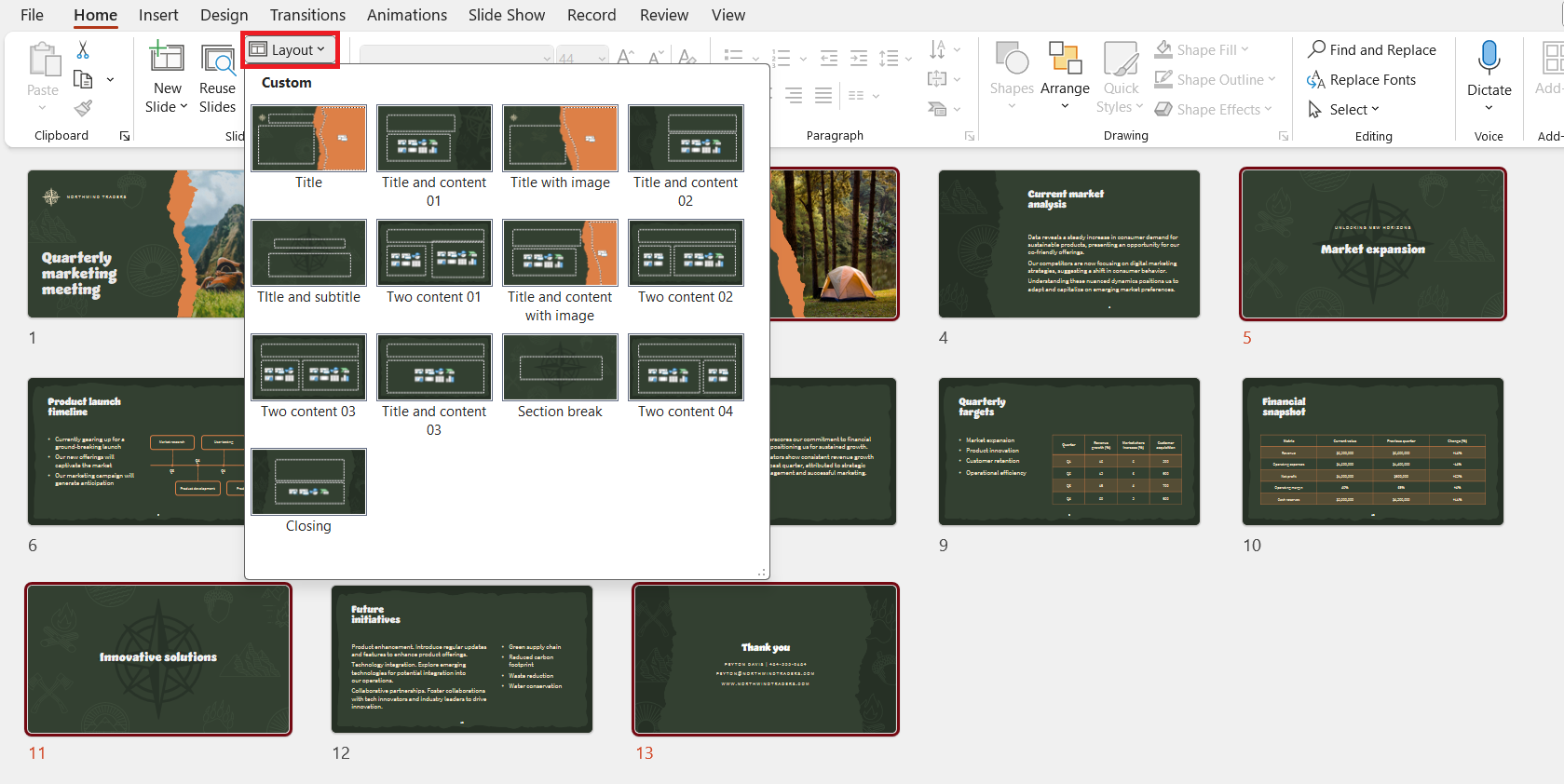Adding slide numbers in PowerPoint is a simple yet powerful way to keep your presentation organized and professional. I’ve often found this feature incredibly helpful when I need to reference a specific slide during a presentation or ensure my audience can easily follow along. Let me walk you through the steps of how to add slide numbers in PowerPoint seamlessly.
Key Takeaways:
- Slide Numbers Aid Organization: Adding slide numbers enhances navigation, professionalism, and time management during presentations.
- Use Slide Master for Setup: Access the Slide Master via the ‘View’ tab to make consistent, global changes to slide numbers.
- Customizing Numbers: Adjust font, color, size, and position for clarity and ensure they stand out without overshadowing content.
- Exclude Title Slide Numbers: Easily remove numbers from title slides for a cleaner, more polished look.
- Troubleshoot Missing Numbers: Resolve issues like hidden or inconsistent numbering by checking the Slide Master and repositioning overlapping elements.
Table of Contents
Mastering Slide Numbers in PowerPoint
Why Add Slide Numbers?
Slide numbers serve multiple purposes:
- Easier Navigation: They help both the presenter and the audience quickly locate slides.
- Professional Appearance: Including slide numbers gives your presentation a polished, well-organized look.
- Time Management: Knowing the total number of slides can help you pace your presentation better.
Now, let’s dive into the process!
How to Add Slide Numbers in PowerPoint
Navigating to Slide Master for Numbering Set-Up
Setting up slide numbers through Slide Master requires a venture into PowerPoint’s design backstage, a place where global changes are made with ease. To navigate there, we locate the ‘View’ tab on the ribbon at the top and select ‘Slide Master’ from the ‘Master Views’ group. This action reveals the master slide and its various layouts.
On the Slide Master, select the “Insert” tab on the PowerPoint ribbon, a hub of tools for enriching our slides. Next, I seek out the “Slide Number” feature nestled within the “Text” group.
With a simple click on “Slide Number,” a new window—resembling a neat checklist—presents itself, inviting us to include slide numbers automatically.
Within this dialog box, ticking the “Slide number” checkbox activates the numbering. But that’s not all; we can ensure the title slide remains pristine and number-free by clicking on the option “Don’t show on title slide.” Once we’ve tailored these options to our liking, hitting “Apply to All” seamlessly stamps each slide with a number in the desired location.
To exit, after ensuring the slide numbers are in good order, we click the Slide Master tab and choose ‘Close Master View.’
This returns us to the Normal View, our familiar PowerPoint landscape, now ready with our newly configured automatic numbering.
Customizing Your Slide Numbers
Formatting Tips for Clearer Slide Identification
With slide numbers in place, it’s pivotal that they serve their purpose—clear identification. Here’s how we can polish those numbers for clarity and a touch of professionalism:
Firstly, we should ensure our slide numbers are highly visible. A size bump might be necessary for them to stand out against busy backgrounds or intricate designs. We aim for a ‘Goldilocks’ size—not too small that they’re squint-worthy, not too sprawling to distract.
Next, color distinguishes: choosing a hue that contrasts with our slide palette ensures numbers pop out. If our presentation dances with darker tones, a light-colored numeral will not get lost in the shadows. Similarly, a dark font stands firm against a lighter background.
The key principle here is differentiation—slide numbers must be distinguishable at a glance.
It’s also wise to be consistent in position. Nestling our numbers in the same corner across all slides ingrains a visual rhythm; our audience knows where to look each time. This smoothens the visual journey from slide to slide and anchors the numbers in peripheral vision without drawing focus from the central content.
Font choice, too, should align with general readability and presentation style. A clean sans-serif typeface works wonders for numbers, instilling legibility even at a distance.
Lastly, we need to be mindful of the canvas. Overlays, such as logos or footnotes, might rival our slide numbers for space. Steering clear of cluttered zones will preserve the numbers’ sovereignty.
The Art of Excluding Numbers from Title Slides
Sometimes, we craft title slides that serve as impactful opening acts—setting the stage without the need for numerical introductions. Excluding slide numbers from such frames requires a touch of finesse, a discerning choice that avoids breaking the flow of the presentation.
To master this art, I tap into the “Slide Number” function just as before, but with a twist. Rather than applying numbers across all slides, I select just the title slide and uncheck the box for slide numbering, securing that striking stand-alone effect for my presentation’s debut slide.
This little maneuver ensures that when the opening slide greets my audience, there’s nothing to distract from the introductory message.
Adjusting this finer detail, we heighten the polish of our presentations and strengthen the control over our narrative flow.
Troubleshooting Common Slide Number Issues
Dealing with Disappearing Digits
When slide numbers play hide-and-seek, leaving us peering at the screen, wondering where our careful numbering has vanished, it’s time for some troubleshooting magic. One culprit often responsible for these disappearing digits might be an unsuspecting graphic element gone rogue—concealing our sequential markers under its visual bulk.
To rectify this sleight of hand, I delve into the editing arena by clicking the picture or shape responsible for the cover-up. Then, with poise, I select it and navigate to the PPT Productivity Format Toolbar, an arsenal for tweaking and tuning. Here, ‘Send to Back’ becomes my tool of choice, relegating the obstructive element behind the slide number placeholder.
As if choreographing a visual dance, sometimes resizing or moving the object is the key to harmonizing space, allowing numbers to reemerge as part of the presentation’s ensemble. I repeat this step as needed across the deck, ensuring all numbers are visible, and sitting in their rightful place.
This pursuit—ensuring every element coexists in visual harmony—is not just about numbers; it’s about securing uninterrupted flows of communication and preventing snags in the tapestry of our presentation.
Ensuring Consistency Across Different Slides
A seamless narrative in PowerPoint is often underpinned by consistency across slides, and numbering plays a pivotal role in this. A break in the numerical sequence or a sudden style change can jolt an audience out of engagement—straying from the well-trodden path of the presentation.
To ensure an unbroken thread of consistency, I advocate for the rigorous use of a single Slide Master throughout. But if slides have been imported from others or themes applied sporadically, mixed slide layouts can scatter across our file like leaves in the wind.
To combat this, I use ‘Slide Sorter View’ to visualize the entire presentation from a bird’s eye perspective.
Here, I can Ctrl-click to select mismatched slides and apply the desired layout from the ‘Layout’ drop-down menu.
By reapplying consistent layouts, I coax stray slides back into the fold, with the numbering placeholder sitting exactly where we expect. This symphony of uniformity not only pleases the eye but also streamlines the cognitive load on our audience—they can focus on content rather than puzzling over varying formats.
After tidying up the slide sequence and ensuring the numbering is both visible and styled appropriately across each slide, I embrace the satisfaction of a polished presentation, ready to deliver its message with clarity.
FAQs
How do I automatically add page numbers in PowerPoint?
To automatically add page numbers in PowerPoint, go to the Insert tab, click on ‘Slide Number’ in the Text group, then in the Header and Footer dialog box, tick the ‘Slide number’ box and click ‘Apply to All’. This will add numbers to all your slides, except the title slide if you select ‘Don’t show on title slide’.
Can You Start Slide Numbering With a Specific Number?
Yes, we can start slide numbering with a specific number. Go to the Design tab, select ‘Slide Size’ in the Customize group, and choose ‘Custom Slide Size’. In the dialog box that appears, there’s an option for slide numbers. Enter the number you wish to start from and click ‘OK’ to apply it to your slides.
How Do You Remove Slide Numbers from a Single Slide?
To remove slide numbers from a single slide, first select the slide from which you want to remove the number. Then, click “Insert” > “Slide Number”, uncheck the “Slide number” box in the “Header and Footer” dialog, and click “Apply”. This will remove the number from the selected slide only.
Are There Shortcuts for Faster Slide Numbering?
While there’s no single keystroke shortcut for slide numbering, you can speed up the process. First, access the ‘Slide Number’ option with Alt + N, then S in quick succession. From there, use the mouse to tick ‘Slide number’ and ‘Apply to All’, or tab through options and press Enter to confirm.
What Should You Do When Slide Numbers Don’t Appear?
When slide numbers don’t appear, check the Slide Master to ensure the slide number placeholder is enabled. Then, verify it’s positioned where it can be seen and not covered by other elements. Still invisible? Reapply the numbering or consult further support if needed.
John Michaloudis is a former accountant and finance analyst at General Electric, a Microsoft MVP since 2020, an Amazon #1 bestselling author of 4 Microsoft Excel books and teacher of Microsoft Excel & Office over at his flagship MyExcelOnline Academy Online Course.



